In September 2020, Don Lessem and Valerie Jones drove from their home in Philadelphia to Las Vegas, where they walked onto the famously intimidating set of ABC’s Shark Tank to ask $500,000 for a 10% stake in Dino Don Inc., their $1.8M animatronic dinosaur business.
Before you read my interview with the Philadelphia couple, click below to view the actual segment.
Meet Don and Valerie …
“Dino” Don Lessem is president and CEO of Dino Don Inc., the world’s leading supplier of animatronic dinosaurs and a creator of entertaining and scientifically accurate exhibitions internationally. He is the author of 40 books of natural history and was advisor to Stephen Spielberg’s film Jurassic Park. Don excavated and reconstructed the world’s largest meat-eating and plant-eating dinosaurs in Patagonia and Mongolia. The Argentine dinosaur, Lessemsaurus, was named in his honor of his contributions to dinosaur research.
Valerie Jones is CEO of Valerie M. Jones Associates, which counsels nonprofit volunteers and professionals on board development, strategic planning, grantswriting, prospect research, and major gifts. Valerie has raised more than $175M for arts, cultural, and environmental organizations. She is one of fewer than 10,000 Certified Fund-Raising Executives (CFREs) worldwide and the author of Nonprofit Hero: Five Easy Steps to Successful Board Fundraising.
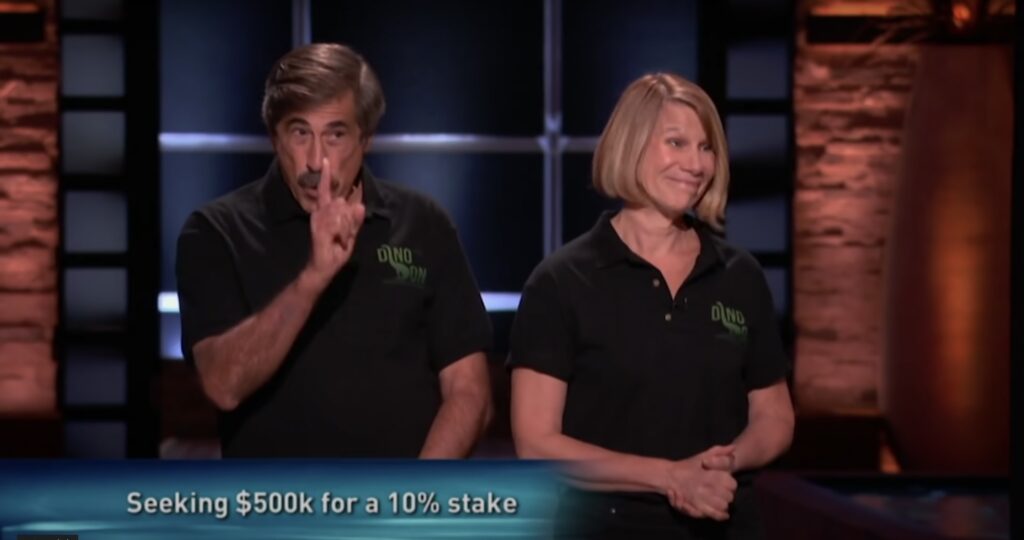
If you didn’t watch the video, here’s a brief recap: When billionaire Mark Cuban eventually offered the husband-and-wife team their requested amount for a 25% stake in the company, their “yes” came easily. But what made the couple’s presentation truly unforgettable (apart from the looming life-sized dinosaurs) was the surprisingly original way they thanked Cuban for the deal.
“We want you to know how much we believe in you,” Don said to Cuban. And at that point he and Val turned to reveal the valentine, “We love you Mark Cuban,” printed on the backs of their t-shirts. Cuban erupted in shocked and delighted laughter – along with undoubtedly millions of viewers like me. With Cuban’s support, Dino Don Inc’s annual revenue has grown to over $4M.
Paul Quinn: Don and Val, your presentation on the show was terrific. But when you both turned around revealing your t-shirts with the message to Mark Cuban, I thought, Wow – now THAT is confidence!
Don Lessem: A couple things you should know that had to do with our confidence. The first is, the producers saw an article about us in Inc magazine and asked us to be on the show. So, it’s not like we had a doorbell we spent all our money developing and trying to get into Sears or we were going to have to sell our house.
We had a weird but successful business with dinosaur robots and Shark Tank wanted to have the dinosaurs on air, so they kept asking and said, “Think of something you need money for.” So, we came up with a strategy for that.
We didn’t need the money and didn’t have to compete hugely to do it. Our attitude was, it’s a lark, let’s have fun. That reduced our anxiety hugely.
Plus, Val presents professionally and was an actress before that. She’s very comfortable in that situation and I’m perfectly comfortable talking on screen ad libbing. I’m nervous only about rehearsed lines, so I was only anxious about the first minute because you have to stand on your mark and present your spiel.
The first thing the Sharks do is try to throw you off. They all ask questions at the same time, but you don’t see this on air because 40 minutes are recorded and only 10 minutes are used. But at the first instant they all barraged me with these questions, and I said, “I’ll answer your questions if you just shut up!”
Val Jones: There was a dead silence and then they laughed. And when we came offstage some crew members said, “They always boss us around. We love you! Nobody ever tells them to shut up!”
(laughter)
Don Lessem: But the other thing we did—I think importantly—is that neither of us had ever watched the show, so we really did our homework. Val does our homework. We started watching the show and looking into each of the Sharks and what they did.
Val Jones: We learned that they say yes on screen but, for very good reasons, only about half of the deals ultimately go through. The Sharks don’t know anything about you when you show up. They’re really making decisions based on the fact that the producers have vetted the candidates.
But after the show, when people get down to the nitty gritty, they may find liabilities they weren’t even aware of or other fair reasons [to break off the deal].
Don Lessem: But we learned that with Mark Cuban, 80% of the deals he agrees to on air he actually closes. So we knew that’s the guy we would want to do business with. Plus, the rest of them don’t do anything in entertainment.
Val Jones: They all have business models they’re competent in and add value to. Daymond John even said he really loved our project but didn’t see where he could add value. It’s not his game, whereas Mark Cuban is a partner in 2929 Entertainment, the biggest global monster of all integrated entertainment, and owns the Dallas Mavericks, so he understands the entertainment business.
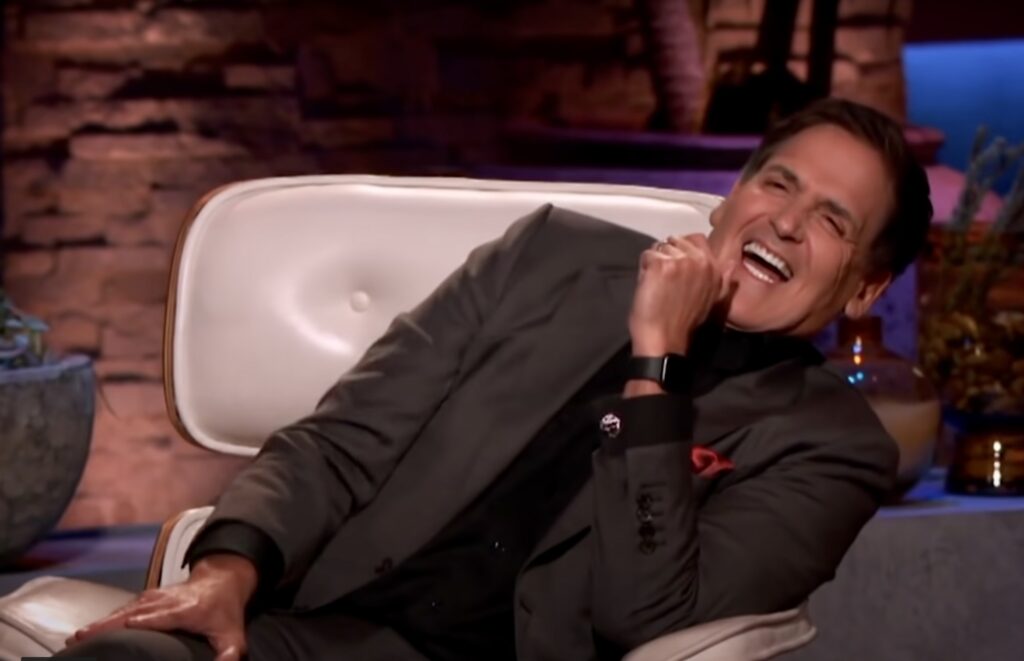
Paul Quinn: The “We love you Mark Cuban” shirts were such a great surprise and personal touch. But what if he hadn’t made a deal with you?
Val Jones: I came up with the backup plan, which would’ve been to thank all the Sharks for the things they’ve done for small businesses, and Mark in particular, because he stepped forward and offered advice to small businesses for free at the beginning of COVID. We were taping in 2020 so there wasn’t a vaccine yet. COVID was still raging, so it was very timely. Whether we got the deal or not, or with Mark or not, that acknowledgment would have been sincere.
Paul Quinn: There’s the moment when Cuban offers you $500,000 for 25% of your business and the two of you begin to privately confer. Did you really have to have a little discussion about accepting that dream deal or was it staged?
Don Lessem: We knew they’d like the drama of that.
Val Jones: Yes, we were playing up the “husband and wife nonverbal communication” moment.
Don Lessem: I knew that if I didn’t take whatever deal was offered Val would shoot me! But when Cuban said, “You need me or you wouldn’t be on the show,” it was really hard to keep my mouth zipped and not say, “You guys asked me!”
Paul Quinn: What happened when you two walked offstage?
Don Lessem: The most interesting thing to me was that as soon as you walk off the set, the first thing they have you do is walk directly into the office of the psychiatrist.
Val Jones: The Reality Show Psychiatrist. That’s the actual job title.
Don Lessem: The producers don’t want the legal responsibility of somebody jumping off a bridge because nobody invested in your toilet cleaner.
Paul Quinn: But even the successful candidates meet with the psychiatrist?
Val Jones: Because they’re so pumped on adrenaline—they’ve been practicing for weeks and haven’t slept the night before—and when they eventually “come down,” the contrast can be so intense that some of them mistake it for depression.
Paul Quinn: Wow. So, the psychiatrist evaluates the rejected folks and makes sure the winners have perspective on the possible aftermath. What’s your advice for people who want to get on Shark Tank?
Don Lessem: Get an article in Inc magazine. That’s how they found us. Get publicity for what you do. There are 40,000 people applying for the show every year, so find a creative route to get there. The producers want interesting people with funny things. And they typically want one jerk and two successful people per show.
Val Jones: Put yourself in the producer’s position. They want good theatre or good TV. When we were doing research on the show, the most bizarre one we saw was these two women pitching a pubic hair straightener, and they walked in with two sheep; one had all its wool and the other … well, we thought it was really weird, and that’s probably why it got on.
And the other thing is, if you don’t get a Shark, who cares? Find another way to sell your product. Shark Tank is not the be all and end all. And if it’s a horrible business model and it gets funded, it’s not going to be successful in the long run. And you’re not going to have fun.
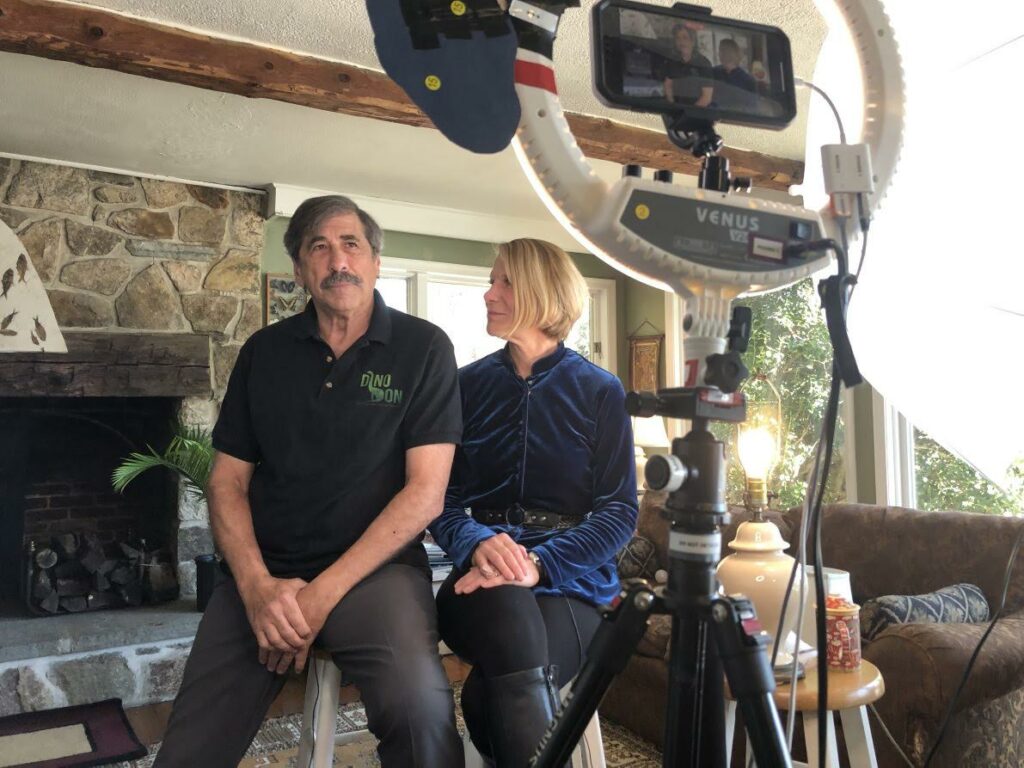
Don Lessem: There’s an interesting corollary to what Val just said. I got all these phone calls to go on America’s Got Talent, because they wanted the dinosaurs—it wasn’t about either of us—and the producers kept calling every day for a month. And I said, Look, I have no talent!
And they said, “Go on the show with the dinosaurs, it’ll be great.” So, I went on the show. It was a lot of fun. The nasty guy, Simon [Cowell], said this is the worst act they’d ever had. If my heart had been totally in it, I would’ve been heartbroken. But as it is, I think it was a riot!
Val Jones: We all knew it was a stupid idea. The person that said it was a good idea was the 30-something marketing director that Mark Cuban had appointed to work with us, who said we should go on it because “celebrity is currency.” I think Don is the only one who’s been on Shark Tank, America’s Got Talent, and Jeopardy.
Paul Quinn: Jeopardy? What’s that story?
Don Lessem: I did Jeopardy in 2000. I learned that it’s not really about how smart you are; the other two people were just as smart. It’s about how fast you are to press the button. The woman who won was a frisbee champion. She had lightning reflexes.
Ask at the Top
Paul Quinn: Earlier you both talked about the fact that not all of the deals made in front of the cameras wind up happening. Were there any glitches in your contract that needed to be negotiated?
Don Lessem: When we had to negotiate the formal agreement with Cuban after the show—you know, 50 pages long—and he has a bunch of lawyers. I wanted to retain certain rights and the lawyers said, “Well, we have to present this to Mark, and he’ll never go for it.” So, I just called Mark and said we don’t need to do xyz. And he told the lawyers, “Okay.”
Val Jones: I’m a big believer in that. I ask people who have the power to say yes, not those who only have the power to say “no.” There are lots of “no” people. Perhaps only one person has the authority to say “yes.” Sometimes you’re just wasting your time unless you go to the top.
Don Lessem: What Val is saying is true in spades. My philosophy has always been not to start at the bottom and work your way up but start at the top and work your way down. I wanted the rights to do an exhibition about the Great Wall of China.
If it were in America, you’d ask someone in the marketing department if this is possible; you’d then prepare something for them and they’d bring it to their boss.
Well, if you do that in China the person will say no because there’s no harm to them for that, but if they say yes, they’re at risk if the project doesn’t work.
So they think, Why take any initiative?
And it filters down to the point where people are not really having creative ideas because they’re not incentivized.
But when you go to the top in China and find the person who runs the national museum or is in charge of the provincial government and say to them, “Nobody’s had these sponsorship rights before — but let’s do it,” it becomes surprisingly easy. Because you’ve found the person with the power to say yes, showed what’s in it for them, and how to make it work.
Val Jones: In a slightly different context from Don’s example, I train a lot of younger development people. I say, Give me a list of the top ten places you would love to work in Philadelphia, whether it’s the archeology museum or art museum or whatever, and work your way down.
Because why wouldn’t you? Why would you apply for jobs that are just “available” and not start networking with the places you love and are really excited about? Why not? What’s the downside?
Why would you settle for this when you haven’t even tried for your heart’s desire? Maybe you won’t get your first choice, or your second, but you’ll be networking with people who can help you later. Even if you get your third choice, that’s better than starting with your tenth. Or worse, just starting with the jobs on offer.
It is hard work, though. I had no money when I came to Philly. I cocktail waitressed nights to support myself and applied for jobs during the day.
Paul Quinn: It makes total sense to start with what you really want, to start at your 100 percent.
Val Jones: And if people are always telling you that you can’t do it, either you get really ornery and say, “Screw you — I’ll show you!” or you start believing it. Just like kids in school, if you tell them they’re dumb all the time they’re going to think they’re dumb and start performing that way.
Don Lessem: When I first started writing I asked myself, Who are the writers I most admire? They were pretty famous guys. I’d write to them and some of them answered, and I got useful advice. It’s the same when I started trying to sell articles. I thought, I’ll start at the most prestigious place and work my way down. So, the first article I sold was to Atlantic Monthly.
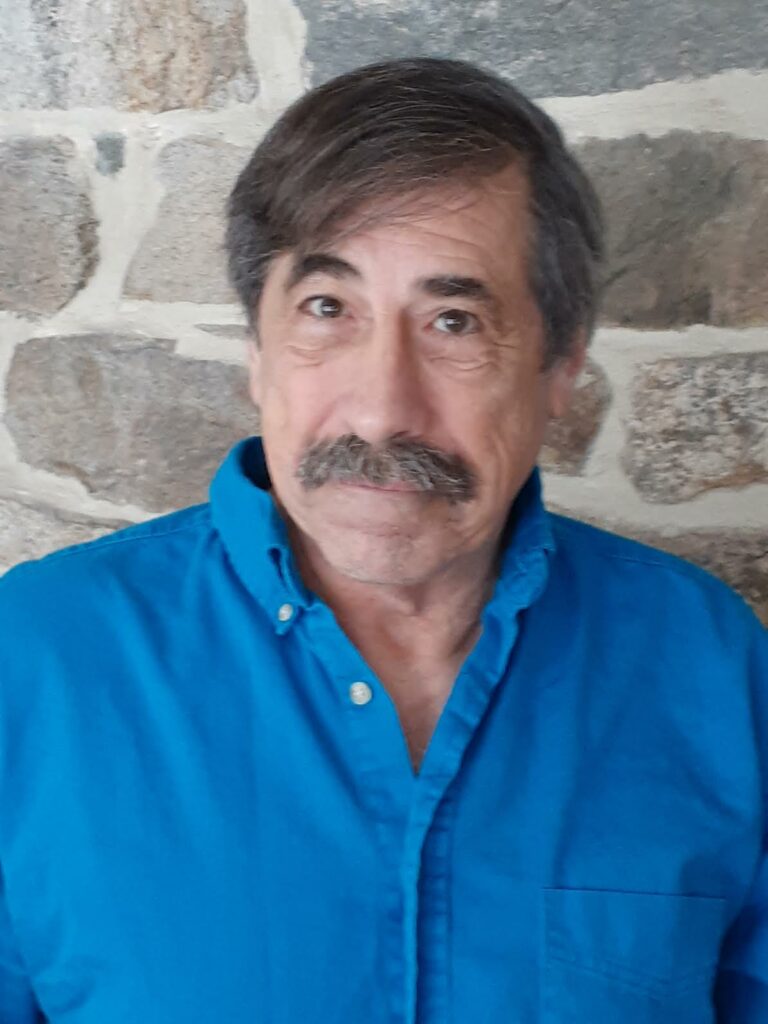
That said, I think asking is easier for people like us, who’ve had many advantages. But so much is stacked against the poor and uneducated and the minority. I’m thinking about the people who are actively suppressed in their asking. “You’re not going to get it, you’re uppity.” “Know your place.” “You don’t have the tools.” A lot of people have been forced into the position where they can’t take the risk of asking.
Paul Quinn: That’s an important piece of this topic. And yet, even people with every advantage will sabotage their path by telling themselves they can’t ask because they don’t feel qualified.
Don Lessem: Pretty much everything I’ve done in my life I’m not qualified to do. I was a colorblind art historian — that’s not going to get you very far! (laughs) First you find the thing you want to do, find the people who can make that happen, then figure out how you do it. That might not be the “right” way to go about doing it, but most things other than brain surgery aren’t brain surgery.
Don’s Jurassic Ask
Don Lessem: When I was advising on the movie Jurassic Park, I knew they were trying to make an entertaining movie, but it was really annoying to me when they didn’t get the science and facts right, which to me are gospel.
I had access to Stephen Spielberg and told him I wanted to make an exhibition about everything that was factually wrong with the movie and that we’d give all the money to paleontological research.
Paul Quinn: I believe that qualifies as a Big Ask!
Don Lessem: And he said sure. I knew nothing about the exhibit business, but I had access to the things people would really want – the sets and props from this movie.
This turned out to be the best way to educate people, because the public was so interested in the movie and I could layer onto that some understanding of the science that wasn’t applied in it. It became to this day the most attended travelling exhibit in the history of natural science.
So, if I was hesitant because I didn’t know anything about making an exhibit—which I didn’t then—it would never have happened. Figure it out later.
Paul Quinn: When you pitched your idea to Spielberg, how detailed did you get?
Don Lessem: In Hollywood, people come in and do a 3-minute pitch for the movie they want to do, so it’s not as detailed as it might be in another industry. Spielberg might’ve asked a question like, “What have you done before in this realm?” — and I would’ve had to say “Nothing.”
I wouldn’t want to mislead, but people often take you at what you say. If a concept is appealing, I know that I know enough to find the people who can execute and learn from them in the process.
Asking & Gender Differences
Val Jones: I’m not sexist but I’ve noticed gender differences in asking. When I’m mentoring young people, the women tend to apply for jobs they’re already qualified for, but the men will apply for jobs above their current abilities. I tell them all to apply for the next job up.
First, you don’t know who else is in the pool and you might be the best person. Second, if you take a job you’re already qualified for you’re going to be bored, because you’re not going to stretch. But if you throw yourself into the deep end of the pool then you learn to swim.
I notice men rarely have a problem presenting themselves as more qualified than they are; women often do have that problem. I don’t know if that’s come up in your research.
Paul: Yes, in The Big Ask I cite a Harvard Business Review article by Tara Mohr, Why Women Don’t Apply for Jobs Unless They’re 100% Qualified. The title pretty much sums it up.
Val Jones: Women are generally better at following the rules. One of the reasons I don’t have that problem is I think I was socialized male. I was a tomboy. I grew up in Maine with five brothers. Very rough and tumble. And I tried to do everything they could do. So as far as I was concerned, I was going to be as good as a boy in everything. But I think some women from more traditional backgrounds didn’t get that.
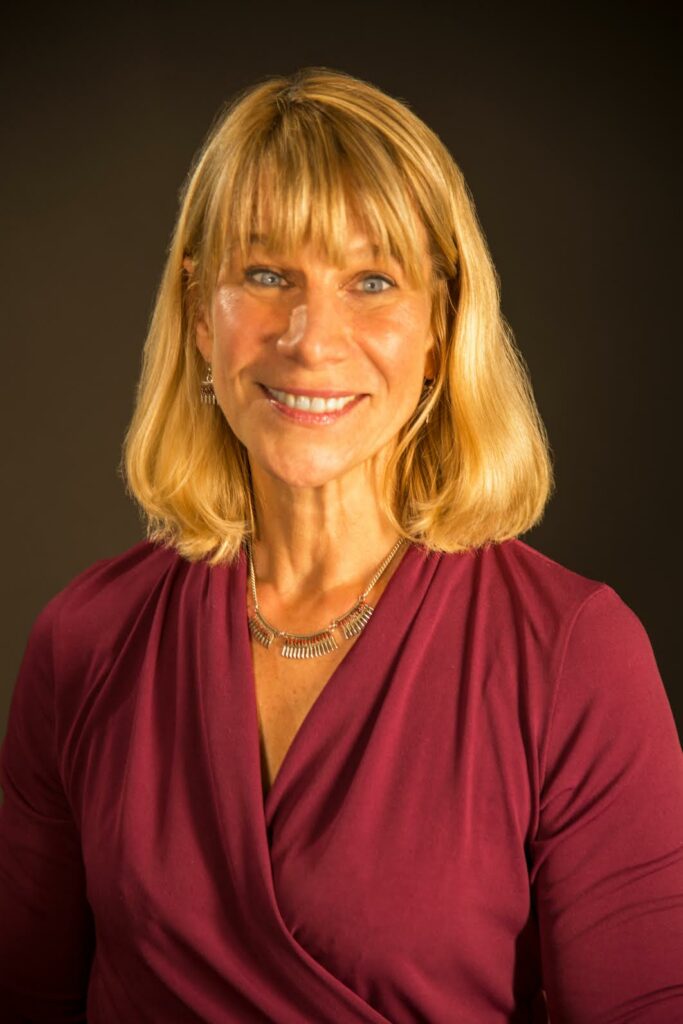
On the other hand, when we were trying to get into the zoo business by doing more museum stuff, my strategy was like, ok, I’m going to get to be a speaker at the AZA [Association of Zoos and Aquariums] conference and introduce this subject to people … and Don was like, just get on the phone and talk to the head of the Bronx Zoo! So, he had [the phone number], went to the top, and got it when I was still doing incremental strategy.
Paul Quinn: Both of you have mentioned your preference for committing to something first and then figuring out how to do it. It reminds me of a story the Irish writer Frank O’Connor tells in his memoir about being a boy and exploring the countryside with his friends. They come to a large wall and can’t figure how to scale it. Their solution is to throw their caps over the wall, which commits them to finding a way to get over it. And they do.
Don Lessem: Like The Little Prince. The prince asks the guy to draw a sheep. He can’t, so he draws a box that the sheep is in. You’ll figure out later how to draw the sheep; just know it’s in there somewhere.
For more information about “Dino” Don Lessem visit dinodoninc.com. To learn more about Valerie Jones’ nonprofit fundraising and speaking visit vmja.com.
Paul Quinn is author of The Big Ask, a nearly completed book about asking as a life skill, which features portions of this content. He invites readers of this blog to contribute ideas, research, stories, or thoughts on asking. As founder of See The Potential LLC, he helps leaders and influencers across many industries create and confidently deliver compelling presentations that result in wins for all stakeholders.

This is so much FUN!!! Thank you for an inside look into Shark Tank but most importantly for introducing us to this great couple who love the work they do and bring so much Joy to the world.
This is great, Paul. I’m going to show it to a friend of mine who wants to break into new work. He knows he needs a change and wants to make a difference. This will help give him ideas! Thanks, Lorraine
Great interview. Many people involved with this story are bringing joy to all of us Dinosaur lovers.
Wonderful advice and an entertaining exchange. Loved it!!